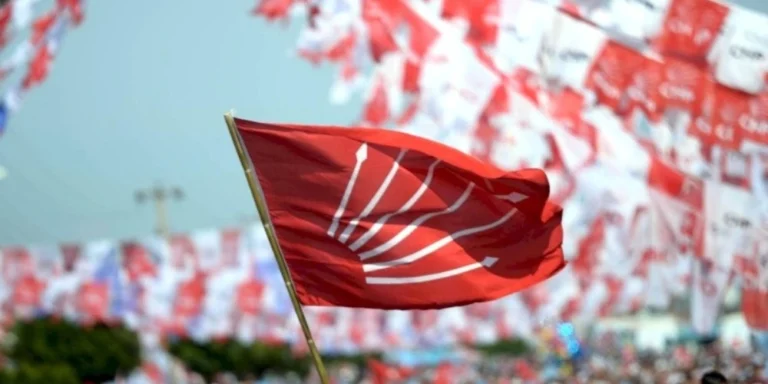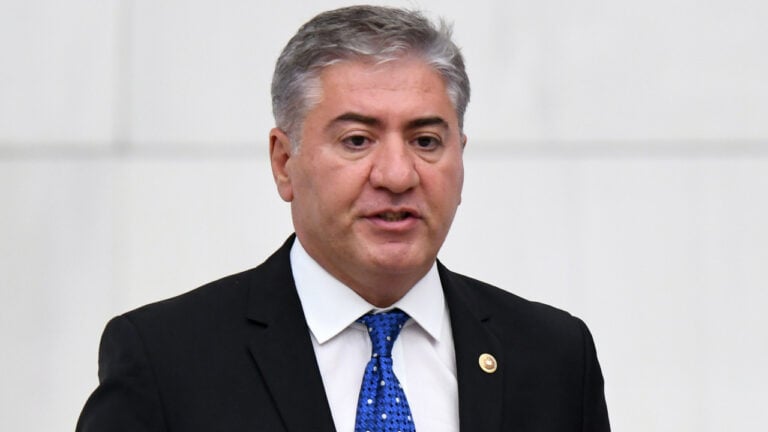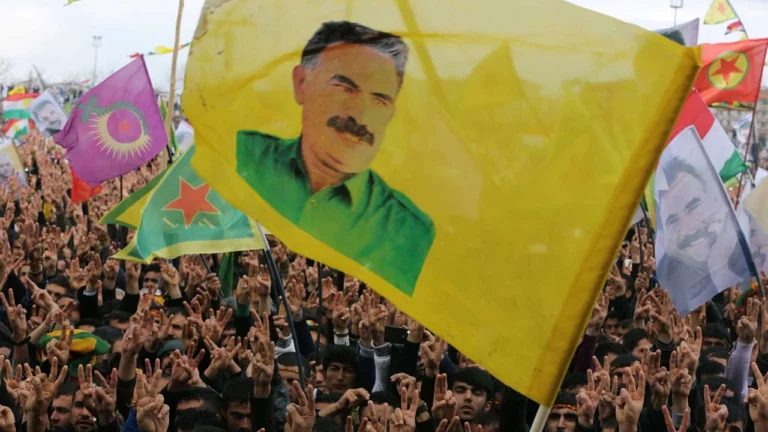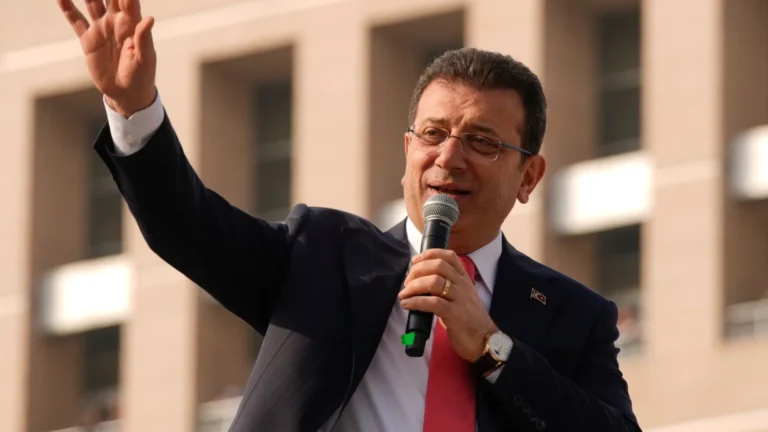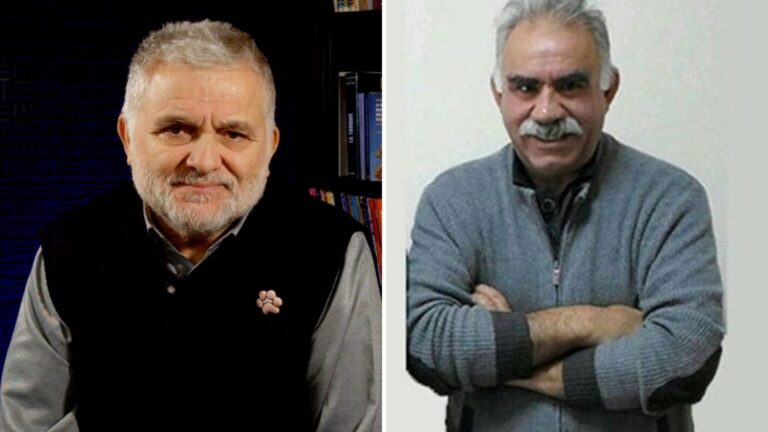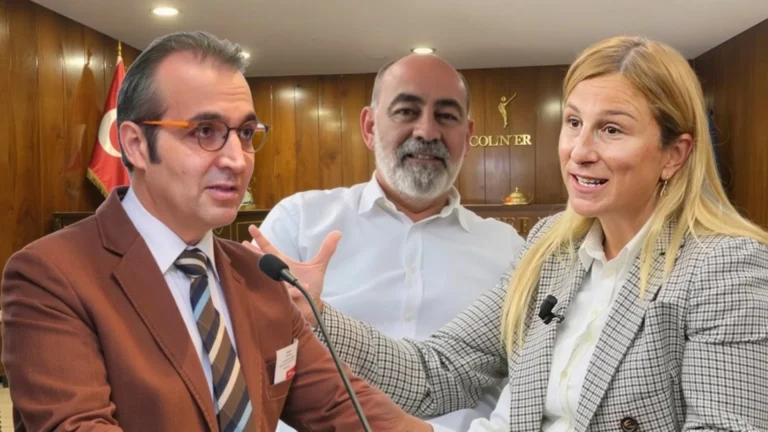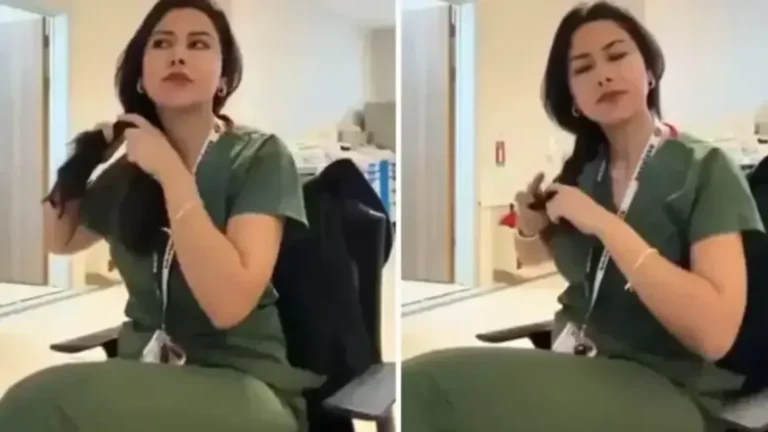Turkey’s main opposition party, the Republican People’s Party (CHP), is set to convene its 22nd extraordinary congress on 21 September. The gathering comes against a backdrop of legal disputes, fraud allegations, and deepening political pressure, with critics accusing the government of trying to neutralize the party.
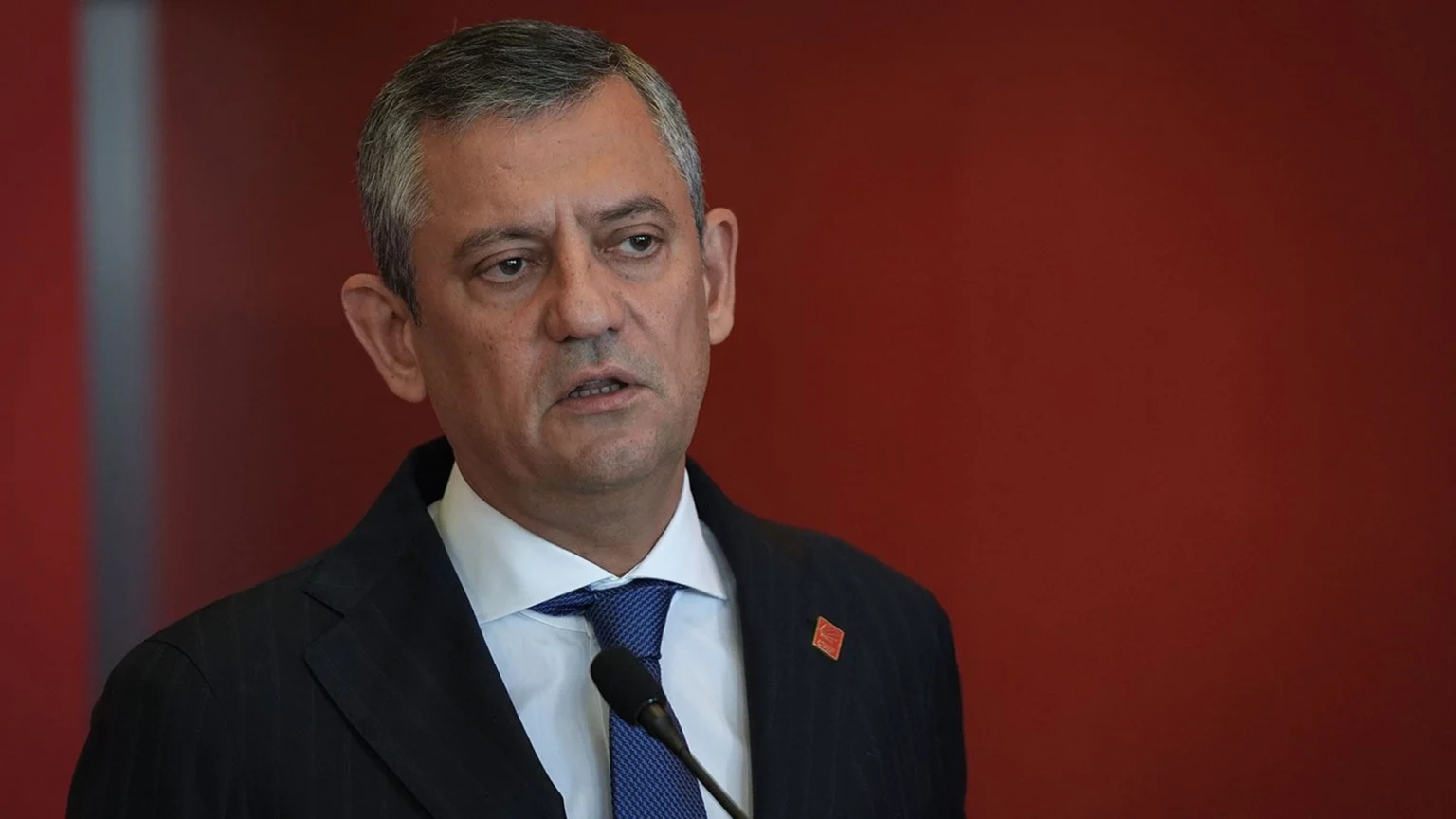 |
| Turkey: opposition forced into new leadership vote over fraud claim Turkey: opposition forced into new leadership vote over fraud claim |
The congress was triggered by a court case challenging the CHP’s November 2023 leadership election, which saw Özgür Özel replace long-time leader Kemal Kılıçdaroğlu. Former Hatay Mayor Lütfü Savaş and several expelled delegates alleged vote-buying and other irregularities. Earlier this month, courts annulled the party’s Istanbul provincial election results, dismissed the provincial leadership, and installed a court-appointed trustee.
As a result, 1,127 delegates will take part in the congress, down from 1,368 in 2023. Istanbul delegates, certain “natural” delegates, and even Özel himself will not be allowed to vote due to ongoing legal proceedings.
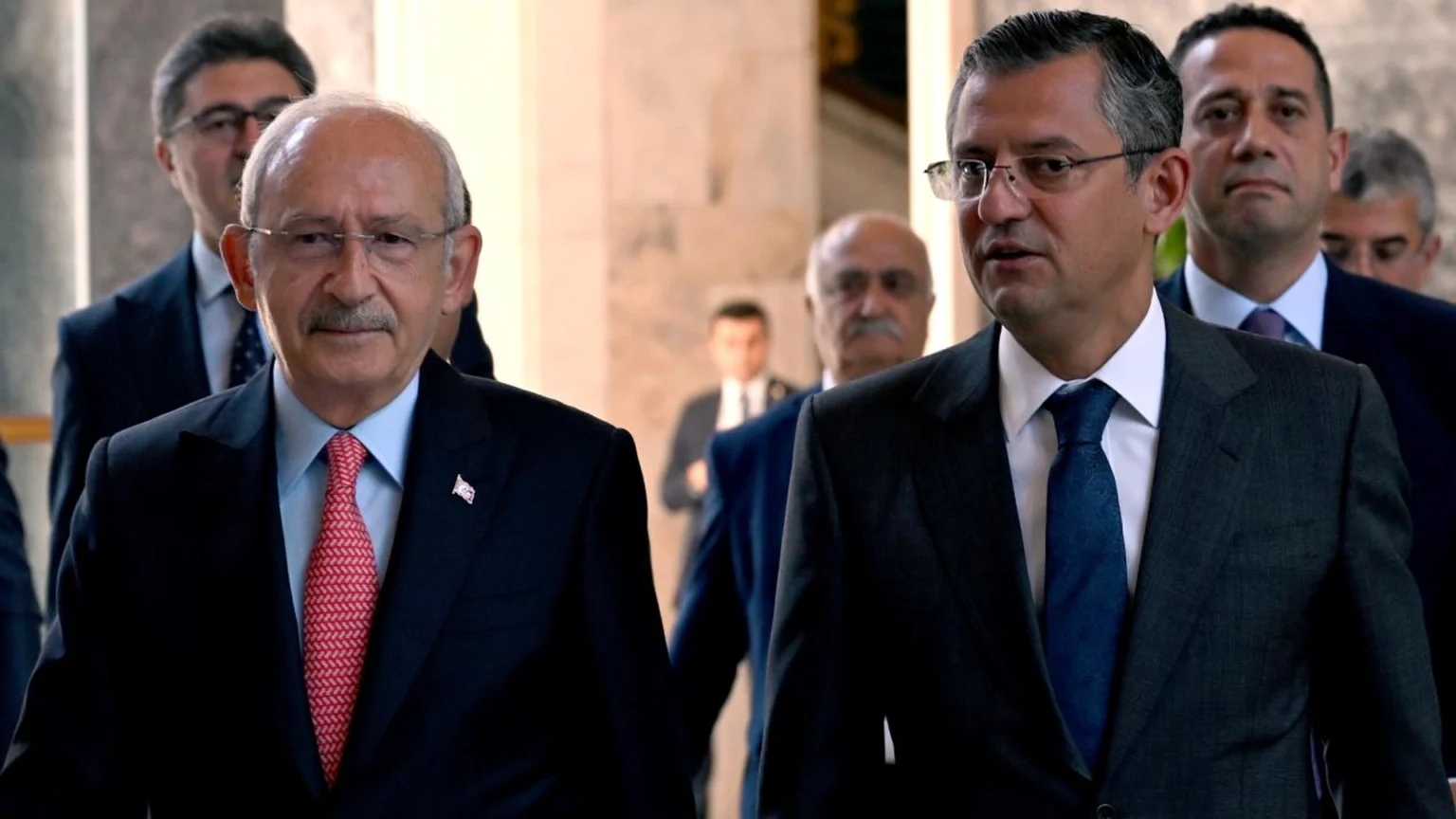 |
Özel, who rose to the leadership after the CHP’s disappointing performance in the 2023 general elections—the party’s best chance in two decades to unseat President Recep Tayyip Erdoğan—is expected to remain unchallenged. He won that leadership contest with 59% of the vote against Kılıçdaroğlu’s 39%, ending the latter’s 13-year tenure.
Concerns have simmered for months over the possibility of a court-imposed change in leadership, which opposition figures argue forms part of a broader crackdown. In recent years, 18 opposition mayors and hundreds of CHP officials have been detained, often on corruption charges the party insists are politically motivated. On 2 September, the Istanbul provincial branch was placed under the control of a trustee alleged to be close to Kılıçdaroğlu’s faction, fueling speculation that the former leader is maneuvering for a comeback through the courts.
Former leader’s absence sparks comeback rumors
Kılıçdaroğlu, who led the CHP from 2010 until 2023, will not attend the extraordinary congress, nor will several of his allies in parliament. Rumors have circulated that he may be seeking to reclaim the leadership if courts annul last year’s leadership vote. The appointment of Gürsel Tekin, a close associate of Kılıçdaroğlu, as trustee of the Istanbul branch in September 2025 has only intensified such speculation.
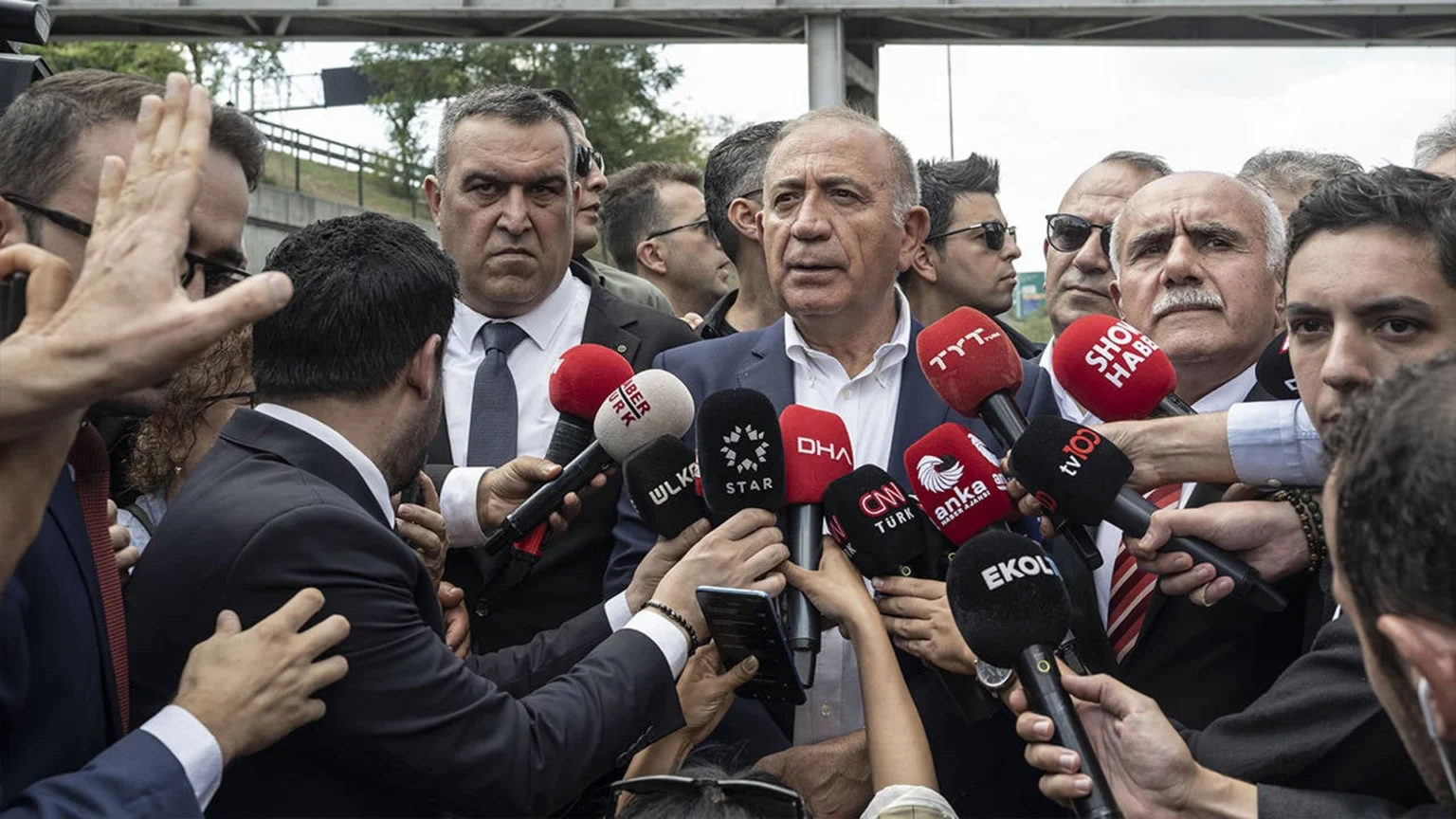 |
Gürsel Tekin’s arrival at the İstanbul provincial headquarters was met with massive backlash and protests, only quelled by police riot forces. Critics accuse Tekin of acting as a tool for the central government and ultimately President Erdoğan, who they say is seeking to weaken the party after its strong performance in the 2024 local elections.
Tekin was admitted to the headquarters only under heavy police presence, but the party has already established a “working office” that it considers the de facto provincial branch.
Kılıçdaroğlu has made no public statement about the trustee appointment. Legal observers suggest he could mount a challenge if the 2023 congress is invalidated, though party insiders doubt he would command broad support.
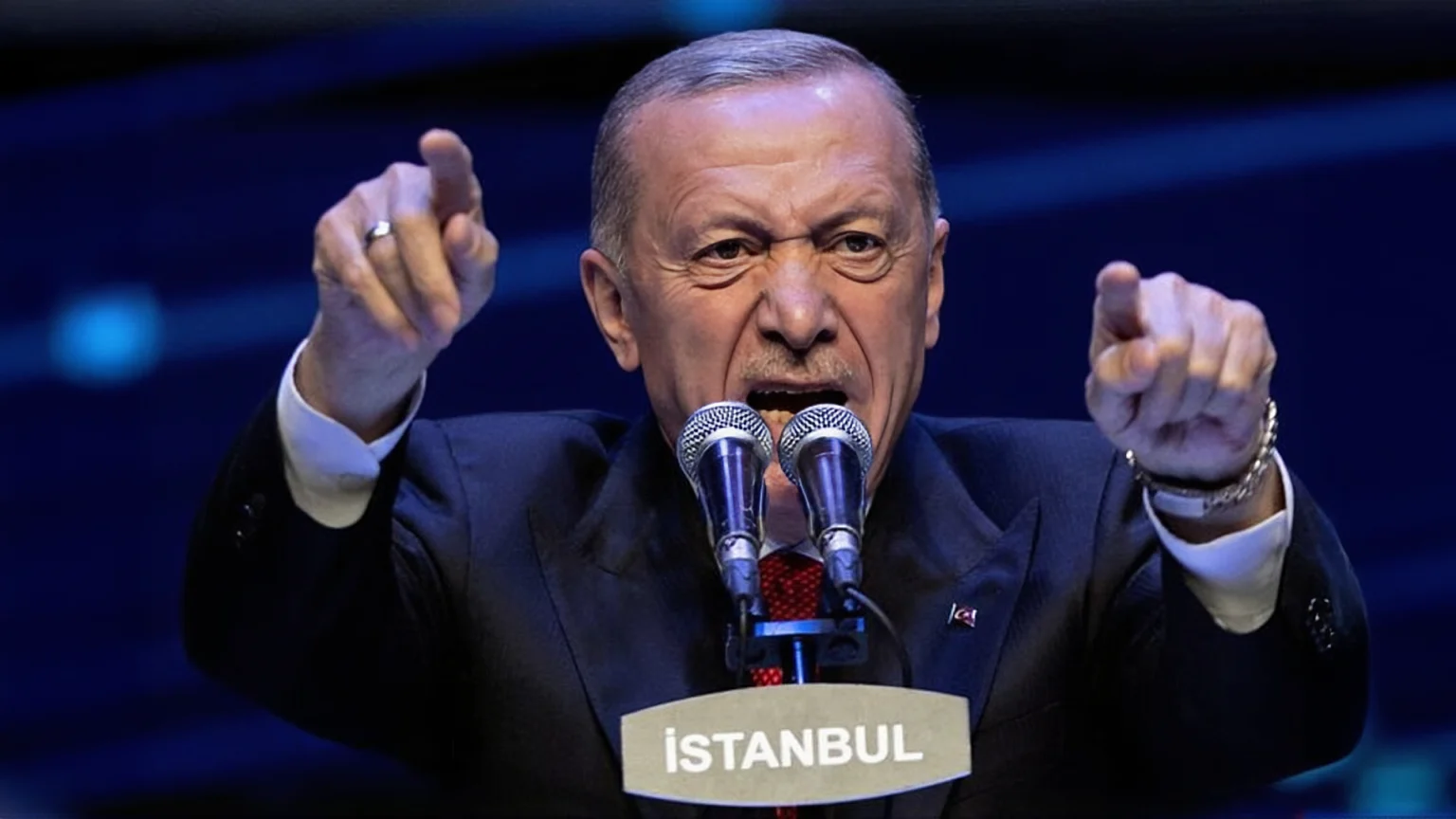 |
Political implications amid a broader crackdown
The legal battles over the CHP’s internal elections come alongside wider state pressure on the opposition. While the government insists the judiciary acts independently, critics argue that court interventions and arrests of opposition figures form part of a systematic campaign to weaken the party ahead of future elections.
Despite this, CHP officials insist the party has grown stronger. They point to a recent rally in Ankara that drew unusually large crowds, including many first-time attendees, as evidence of deepening grassroots support even in the face of mounting pressure.





